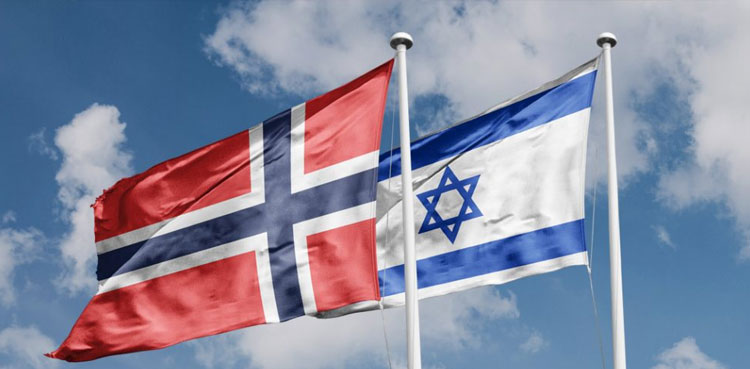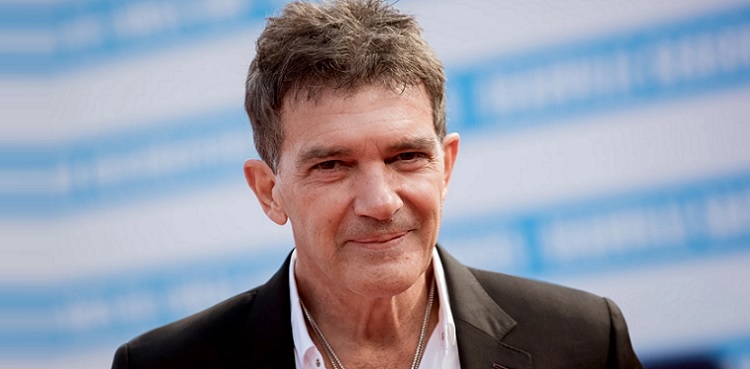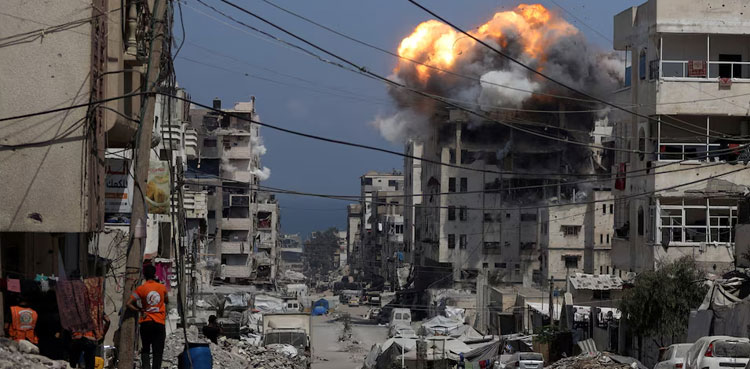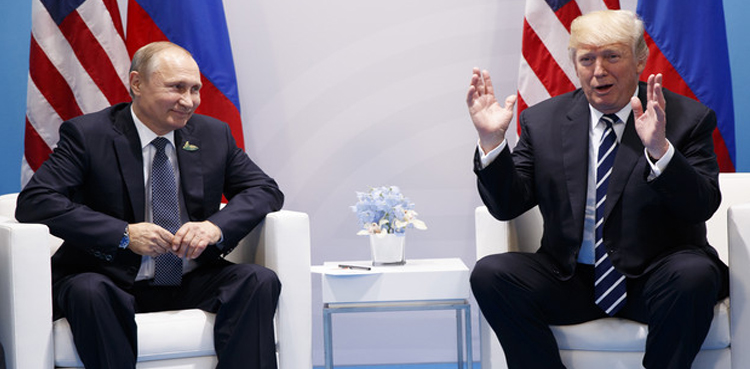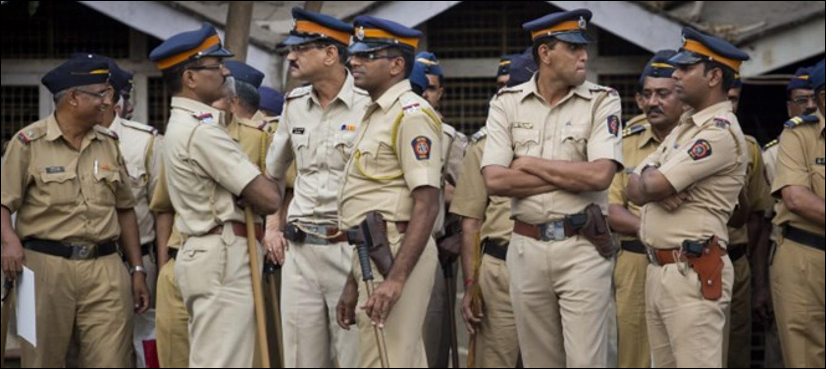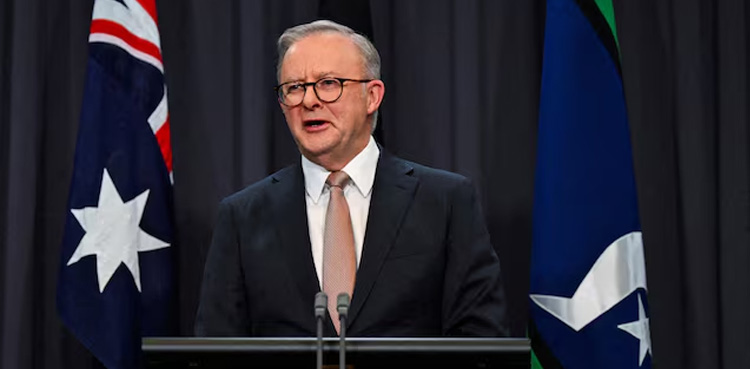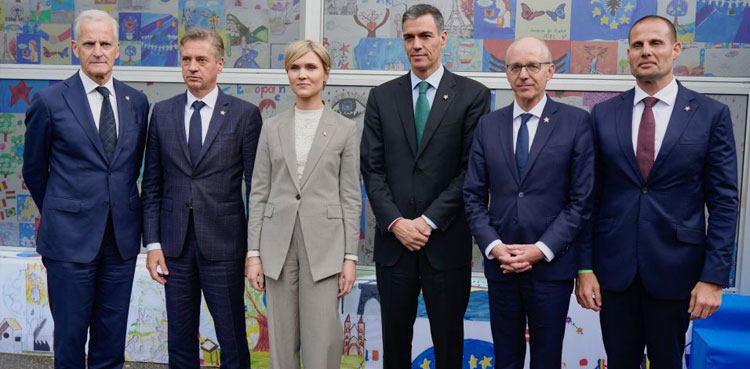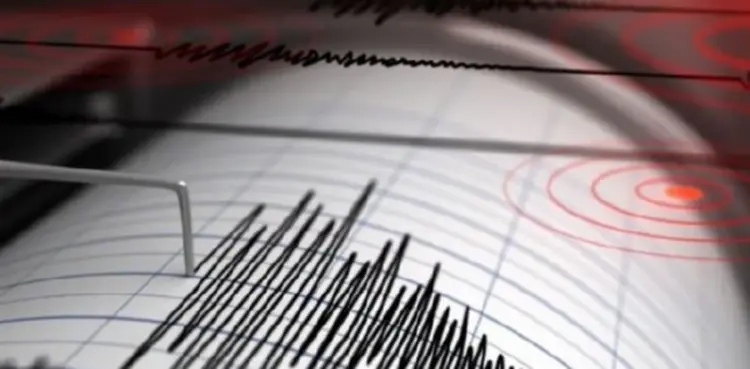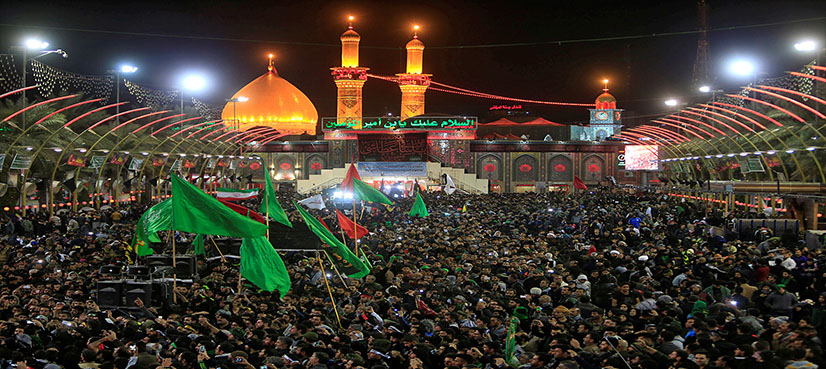Oslo: Norway’s sovereign wealth fund said Monday that it was selling its investments in 11 Israeli companies following reports it had invested in an Israeli jet engine maker even as the war in Gaza raged.
Nicolai Tangen, chief of Norges Bank Investment Management (NBIM), which manages the fund, said the decision was taken “in response to extraordinary circumstances”.
“The situation in Gaza is a serious humanitarian crisis. We are invested in companies that operate in a country at war, and conditions in the West Bank and Gaza have recently worsened,” Tangen said in a statement.
Read More: Israel signs $35 billion natural gas supply deal with Egypt
He said the move would reduce the number of Israeli companies the fund’s Council of Ethics needed to supervise.
Norway’s wealth fund — also known as the oil fund as it is fuelled by vast revenue from the country’s energy exports — is the biggest in the world with a value of around $1.9 trillion, with investments in more than 8,600 companies spanning the globe.
Last week, Norwegian newspaper Aftenposten reported that the fund had invested in Israeli Bet Shemesh Engines Holdings, which makes parts for engines used in Israeli fighter jets.
Tangen later confirmed the reports, and said the fund had increased its stake after the Israeli offensive in Gaza began.
The revelations led Prime Minister Jonas Gahr Store to ask Finance Minister and former NATO secretary general Jens Stoltenberg for a review.
NBIM said it had investments in 61 Israeli companies at the end of the first six months of this year, 11 of which were not in its “equity benchmark index” — which is set by the finance ministry and used to gauge the wealth fund’s performance.
NBIM added that it had decided last week that “all investments in Israeli companies that are not in the equity benchmark index will be sold as soon as possible”.
– Ethical guidelines –
Going forward, “the fund’s investments in Israel will now be limited to companies that are in the equity benchmark index,” it said.
NBIM also said that all investments in Israeli companies managed by external managers would be moved in-house, and that it was “terminating contracts with external managers in Israel”.
In addition, NBIM said the finance ministry had asked it to review “its investments in Israeli companies, and to propose new measures that it deems necessary”.
It said it initiated the review and would present its findings before an August 20 deadline.
The fund also said that it had “long paid particular attention to companies associated with war and conflict”.
“Since 2020, we have been in contact with more than 60 companies to raise this issue. Of these, 39 dialogues were related to the West Bank and Gaza,” NBIM said.
It said that monitoring of Israeli companies had been intensified in the autumn of 2024, and that “as a result, we have sold our investments in several Israeli companies”.
Speaking at a press conference later Monday, Stoltenberg said he was glad Norges Bank had “acted quickly”.
“The fund’s ethical guidelines stipulate that it shall not invest in companies that contribute to violations of international law by states,” he told reporters.
“Therefore, the pension fund should not hold shares in companies that contribute to Israel’s warfare in Gaza or the occupation of the West Bank,” he said.
Also on Monday, Norwegian pension fund KLP said it had excluded Israeli company NextVision Stabilized Systems “from its investments because the company supplies key components for military drones used in the war in Gaza”.
